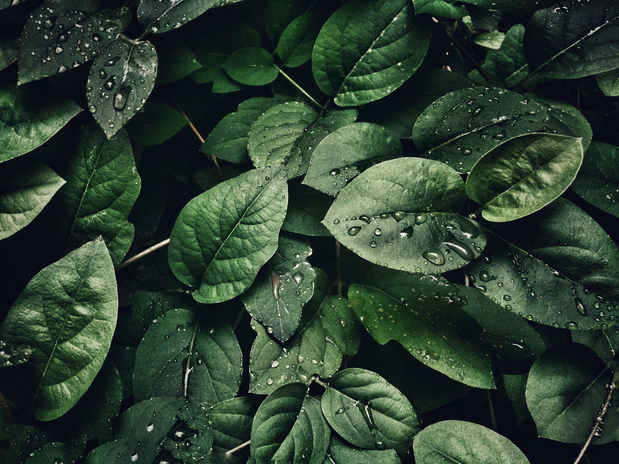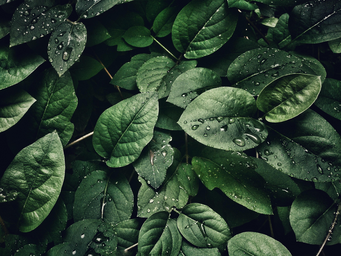No matter how much it is said that “everyone deserves access to healthcare,” we know that such a phrase is only designed to center white, cisgender, middle-class folks who are afforded the luxury of being protected by a system that was built in order to dehumanize, brutalize and exclude Black and Brown intersectional folks. When examining the circumstances of white parents and families being celebrated on their birth journeys, it is no coincidence the type of narratives the media and society continue to uplift and affirm. Not only are white people considered to be top priorities when it comes to health systems and structures, but there is also privilege that white birthing folks (and white people in general) have when it comes to their needs and wishes being met. Being Black in this country, in any circumstance, including healthcare, often represents the likelihood of our lives, autonomy and agency being stripped away from us. Whether from the continuation of praising white supremacists such as J. Marion Sims to the lack of action surrounding the deaths of Black women and birthing folks in hospital settings, one can not speak about the impact of racism without acknowledging how healthcare and the medical industry are purposefully designed to engage in Anti-Blackness, misogynoir, and white supremacy (as its foundation) for the purpose of eugenics, control and policing. The act of policing on Black folks and our lives is not just in the sense of the police, but in the interconnected lens of all “public services” which are all dictated by the nation-state to keep Black folks in their “place.” The truth is, our safety is not present in any avenue and the Full Spectrum of Pregnancy and Birthing journeys are not exempt from that distinction.
Everyone by now has seen at least one film where a white cisgender woman’s water breaks and there is an entire sequence of her rushing to the hospital, with family members frantically checking in and her clueless white cis-het husband in tow, ready to welcome their miracle. The narrative often centered is one where the media serves the purpose of showing white women and folks that what they are doing is “courageous,” “bold” and “beautiful.” However, this is only one, publicized and heteronormative experience. The centering of whiteness in regard to fertility/infertility, miscarriage, pregnancy, birth and postpartum perspectives only continue the stigmas that those who have privilege and positionality, are the only ones who hold the most significant influence when it comes to what we see in that realm. White people not only have privileges in all aspects of society. The constant whitewashing not only ignores Black and Indigenous lives, but it also is reminiscent of the matter that Black and Indigenous people are treated like statistics. What are some aspects to keep in mind?
Childbirth was never something that made me uncomfortable or queasy. As a child of three Black parents in healthcare, I had a front-row seat into the Anti-Blackness, misogynoir, microaggressions and racism that my parents, particularly my mother, experienced. With these experiences and inside looks as a child, my original thought process was to avoid anything health-related, as much as possible. However, as years continued to pass, I noticed that my passion for birthwork strengthened because I not only appreciate those who engage in this work and their commitment to it, but also the birthing folks who are navigating these processes. During the summer, I began exploring childbirth and birth education, while also beginning to deeply immerse myself into sexology and all things birth and postpartum. As all of these things are connected, in my opinion, with full-spectrum processes, they are filled with nuance, complexities, valid experiences and perspectives across the board. It is this simple, there is no one protecting Black birthing folks outside of Black birthing folks. From the mortality rates to the outright violence that Black birthing folks are subjected to, such speaks to the violent nature of capitalism and how medical racism is murderous. There is no one listening to our bodies and the importance of ensuring that we are the top priority because to them, we are less-than and the thought and occurrence of simply losing one and many does not matter, in their eyes. This barbaric rhetoric is something that Black birthing folks witness on a daily basis.
Let that sink in.
I aspire to commit myself to be present with community while recognizing the importance of decolonization and supporting, protecting, uplifting and affirming all birthing folks, especially those who are Black, Brown, Queer, Trans, Non-Binary, etc. When I listen to podcasts for and by Black birthing folks, watch birth videos, listen in on workshops and much more, I am reminded that this work is everlasting work; work cemented by my Black and Indigenous ancestors. The work which still continues in an intersectional format for centering all of our Black siblings. For me, liberation is supporting and uplifting all perspectives of it by centering the Black and Brown intersectional experiences. For me, liberation is about protecting and ensuring that marginalized folks have full discretion, autonomy and agency over our lives and bodies. For me, this work symbolizes how important, sacred and special community is. I think about these processes and what they represent and all I can be reminded of is how crucial it is to uplift and embrace nuance, complexity and the fact that no experience is a monolith or follows a formula. Which personally, makes all of the more beautiful.
We deserve to take up space unapologetically and to be centered fully. We deserve to live in whatever way we choose. We deserve the fullness of life and the right to go about our journey the way we choose. Our narratives are ours and ours alone. I am welcoming and humbled by aspiring to get into this work because it represents healing and further connecting with folks from my communities and other marginalized communities in a way that is oftentimes indescribable. Here is to learning, growing, doing and being; all the way in.


